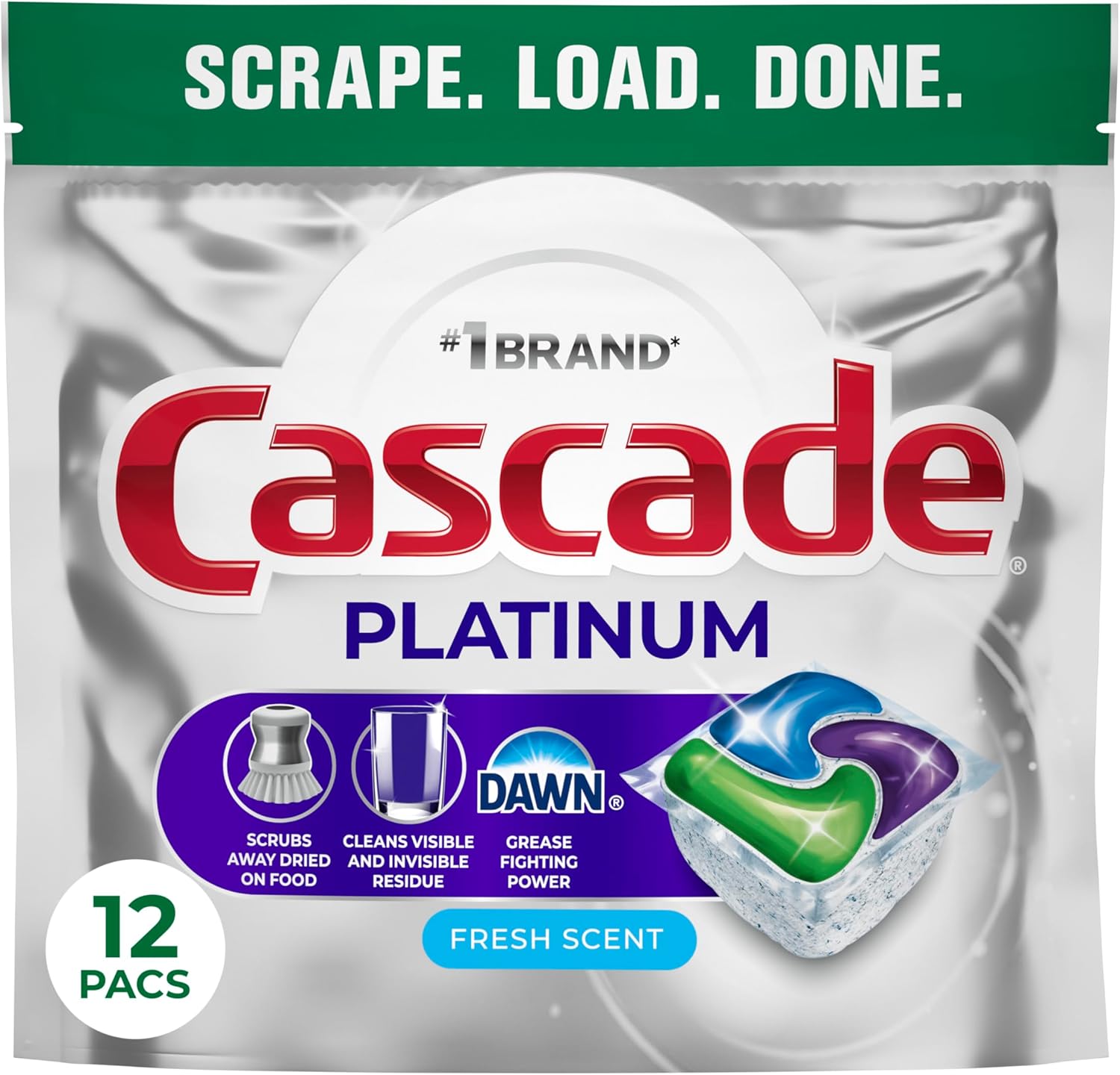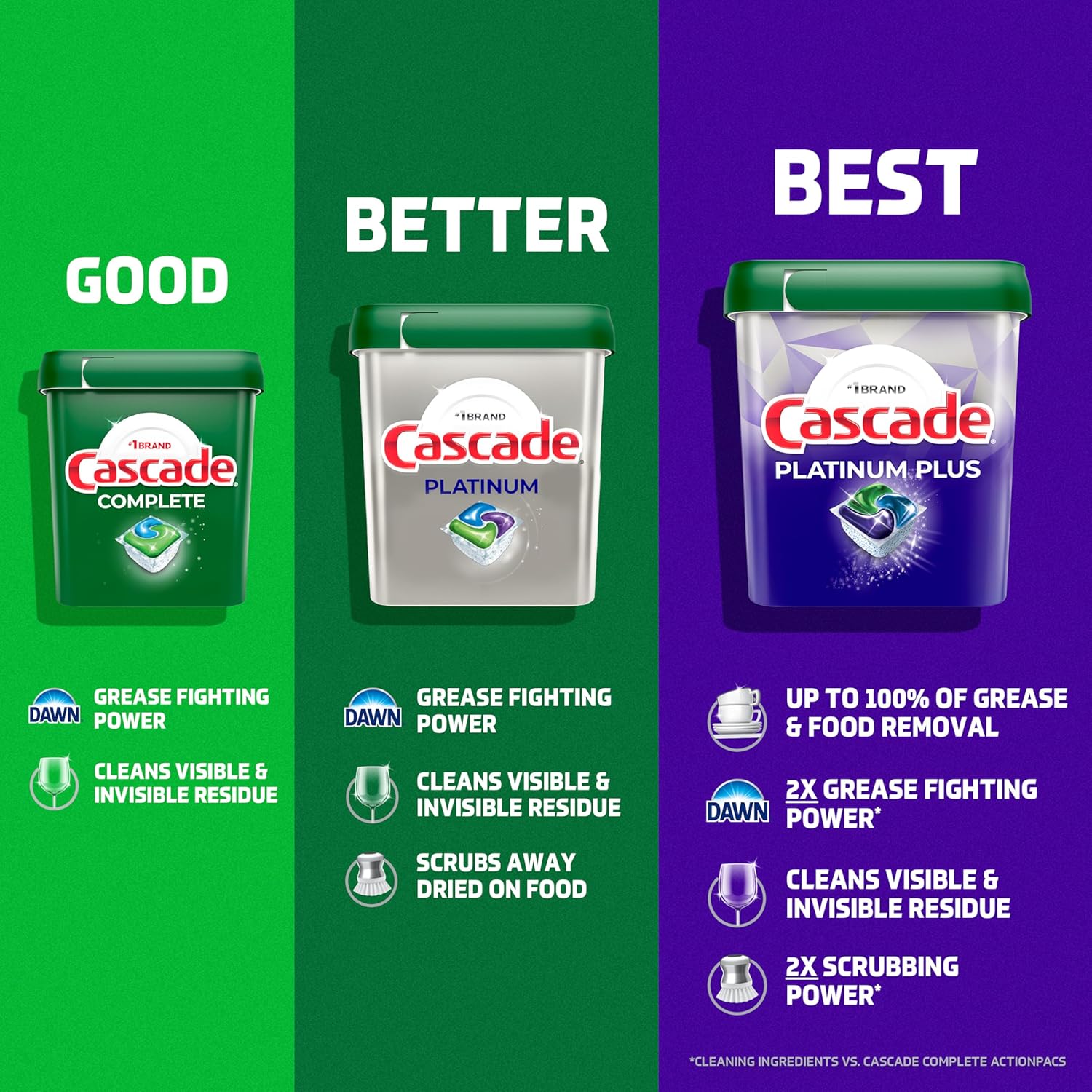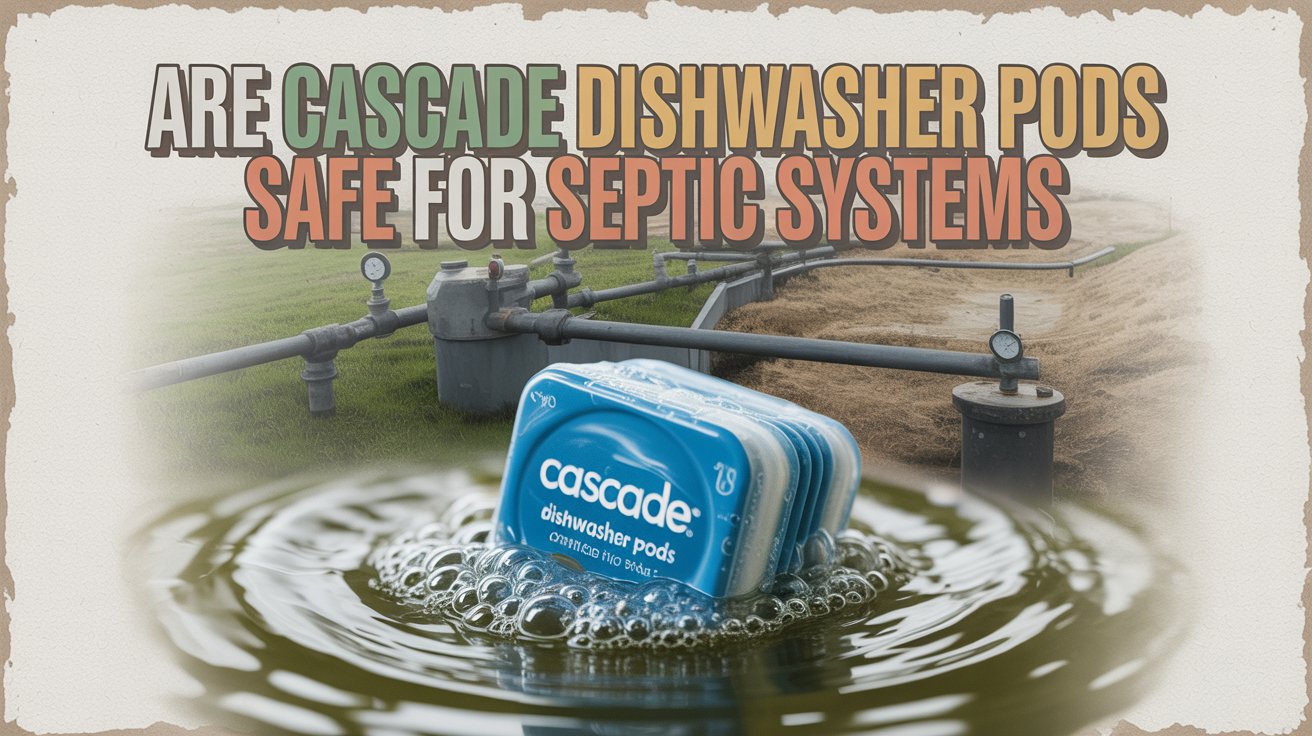Have you ever wondered about the impact of your everyday kitchen chores on your septic system? When you’re managing your household, every product choice can ripple through the rest of your home, especially when it comes to the plumbing and waste systems. One such product you might be curious about is Cascade dishwasher pods, particularly their safety and compatibility with septic systems. Are they a harmless convenience, or could they be silently causing harm? Let’s take an informative look into how these small but powerful cleaning agents interact with your home’s septic setup.
What Are Cascade Dishwasher Pods?
Cascade dishwasher pods have become a favorite in many kitchens due to their convenience and cleaning power. They come in small, water-soluble packets that contain powerful cleaning agents, feeding each wash cycle with enough detergent to rid dishes of grime, grease, and food particles without additional measures.
Composition of Cascade Dishwasher Pods
Each pod is typically laden with a mix of cleaning elements. These often include surfactants to break down grease, enzymes to handle food particles, and various other chemicals that work to deliver that sparkling finish many users enjoy. However, it is exactly these chemicals that might pose a risk to your septic system by potentially altering the delicate bacterial life within it.
Variants and Environmental Claims
Cascade offers various types, from basic formulations to those boasting additional rinse aids or the ability to work in hard water. Some variants claim to be environmentally friendlier or septic-safe. As a consumer, understanding which variants pertain to your needs is critical, especially if you’re mindful of maintaining septic system health.


The Impact of Dishwasher Pods on Septic Systems
Now that you know more about septic systems and Cascade pods, it’s essential to look into how these items interact. The choice of dishwasher detergent can have long-term effects on your system’s health.
Possible Concerns with Dishwasher Pods
The primary concern with using pods in a septic system is their chemical content. If these chemicals disrupt the bacterial balance within the tank, it can lead to ineffective waste processing. Surfactants, phosphates, and certain enzymes might pose hazards. They can be biodegradable to an extent but may not break down completely in the septic environment, possibly leading to chemical build-up.
Evaluating the ‘Septic-Safe’ Claims
Products labeled as septic-safe are specifically designed to minimize their impact on the system’s bacterial community. These claims generally mean that the product will not kill the bacteria needed for decomposition. However, trusting these labels requires careful examination of ingredient lists and awareness about the potential effects each component might have.
Here’s an informative table that considers common chemicals found in Cascade pods, their purposes, and potential septic impact:
| Chemical Ingredient | Purpose | Potential Septic Impact |
|---|---|---|
| Surfactants | Break down grease | Might disrupt bacterial activity |
| Enzymes | Decompose food particles | Generally safe but varies by formulation |
| Phosphates | Enhance cleaning power | Could contribute to algae growth if leaked |
| Bleach | Remove stains | Could kill beneficial bacteria |
| Fragrances | Add scent | Usually safe but can irritate sensitive balances |
How to Choose Dishwasher Pods for Septic Systems
When considering which dishwasher pod to use in a septic system, a few key considerations can guide you towards an informed decision that guards your system’s health.
Reading Labels and Ingredient Lists
Pay close attention to labels such as ‘septic-safe’ or ‘biodegradable.’ These can be useful indicators but should be confirmed by reading the detailed ingredient list. Avoid pods with high phosphates and non-biodegradable fragrances, as these can lead to septic system issues over time.
Opting for Environmentally Friendly Alternatives
Environmentally friendly alternatives can be worth considering as they are often formulated to minimize any negative impact on nature and, by extension, septic systems. These variants commonly avoid phosphates and harmful surfactants, relying more heavily on enzymes and biodegradable ingredients.
DIY and Natural Solutions
For those still skeptical of commercial options, making your own dishwasher detergent is a viable option. Simple recipes usually include common household items such as borax, washing soda, and citric acid. These ingredients can be combined to form an effective cleaning agent without compromising your septic system.

Recommendations and Best Practices
Using Cascade pods in a way that minimizes risk to a septic system, while maintaining cleanliness and convenience in the kitchen, requires a mix of intelligent choice and regular maintenance.
Regular Septic System Maintenance
Routine maintenance, such as tank inspections and pumping, is crucial to septic health. Regularly check that your system is functioning correctly and that no clogs or backups occur. This diligence helps mitigate any potential fallouts from detergent use.
Balancing Usage
Use Cascade pods as needed rather than overloading due to convenience. This ensures minimal chemical introduction into the septic system and can help preserve its balance. Additionally, running the dishwasher on a full load instead of frequent smaller loads can also reduce strain on the system.
Consult the Experts
If unsure, consulting a professional can provide personalized advice tailored to your specific system and household needs. They can help pinpoint which detergents are best suited and offer tips on maintaining optimal septic health.
Pact with Eco-Conscious Brands
Some consumers prefer aligning with brands that prioritize environmental stewardship. Choosing these options can reduce harmful environmental impact while supporting companies with sustainable practices and values.
Conclusion
You’ve embarked on a deep dive into how seemingly inconsequential actions, like choosing the right dishwasher pod, can significantly affect your septic system’s functionality and health. By understanding how your septic system operates and how Cascade dishwasher pods interact with it, you’re in a better position to make choices that reflect your responsibility towards your home and the broader environment.
Always remember that the words “septic-safe” aren’t just industry buzzwords—they represent a standard that fosters a balance between cleanliness and ecological harmony. Ultimately, the combination of informed choices, regular maintenance, and eco-conscious practices ensures that you can maintain both a clean home and a healthy septic system.


